QuestionHey.
I have a White German Shepherd boy at 3 years.
4 weeks ago he got his leg broken by a horse.
The first 2 weeks home have been okey but the third he is barking and howling constantly when his home alone and he have also starts to do that when he is in the car (before he was quiet and calm in the car).
I can hear the panic in him when a horse comes close and i understand that but when it happens everytime everywhere without the horses.
He barks every single time he cant see me, and he has been a boy who was outside hole day long by himself..
What can I do...
Answer
Hi Camilla,
There isn't an easy quick cure for your dog's separation anxiety. The treatment is a combination of methods: to gradually increase your dog's exposure to situations that produce anxiety (called behavior-modifying desensitization) and training your dog to expect pleasure, not panic, when left alone (called counter-conditioning). In difficult cases, anti-anxiety medications are helpful but they need to be used in conjunction with the counter-conditioning training to be effective.
Give your dog something to do when you leave him alone. A Kong or BusterCube toy stuffed with something really tempting (such as bits of hot dog or a little cheese) will keep him occupied when left alone. Stuff the toy with different foods your dog LOVES to keep it interesting. Your dog should have hours of challenging and tasty "work" to keep him busy. You can prepare these treats in advance and keep them refrigerated until you need them.
Desensitize your dog to pre-departure cues (such as picking up a your keys or getting your hand bag). Presenting these cues randomly may calm your dog as he becomes accustomed to the sights, sounds, and smells associated with you leaving. Do one of your a predeparture activities, such as getting your keys and jangling them, but instead of leaving, sit down. Your dog will eventually learn that the keys don't necessarily mean anything, and therefore the dog doesn't get into a panic state. But don't expect immediate results. You may have to put on your coat or grab your keys up to 20 to 30 times daily for a while.
You should also simulate leaving with "graduated departures." Begin by simply walking to the door. Once your dog tolerates this routine, open the door. When opening the door no longer bothers your dog, step outside for a few seconds. Increase separation time only when your dog shows no sign of anxiety during the previous step. It may take several weeks of patient work on your part before your dog is comfortable with 15 minutes of solitude.
Under no circumstances should you allow your dog to reach a full-blown panic during these graduated-departure exercises. You can't try to desensitize your dog over the weekend and then leave it alone all day during the following work week.
Start training your dog to be more independent even when you're home. Using a leash, gently lead your dog to its bed, praising him and rewarding him with a food treat. Or tell your dog to sit and stay as you move progressively further away until he stays without anxiety in a room by himself. Use praise and food treats to reinforce the message that being alone isn't so bad!
Read more about training a dog out of a separation anxiety here:
http://dogs.about.com/od/dogbehaviorproblems/a/sep_anxiety.htm
One more thing to try when leaving your dog alone, is to use a dog appeasing pheromone. This is a natural odorless (to humans) product that mimics the relaxation response that puppies exhibit when exposed to their mother's pheromones. Even as adults, dogs still relax and stay calm when exposed to these pheromones. Dog appeasing pheromones (called D.A.P) are available in three different forms: embedded in a collar, as a spray, and as a plug-in diffuser. Brands to look for are: Comfort Zone, Sentry Calming, and Adaptil.
Read more about D.A.P here:
http://en.wikipedia.org/wiki/Dog_appeasing_pheromone
http://vetmedicine.about.com/cs/behavior/a/dogbehaviorprob.htm
With time and plenty of patience, your dog should be able to get over this problem.
Best of luck!
Patti

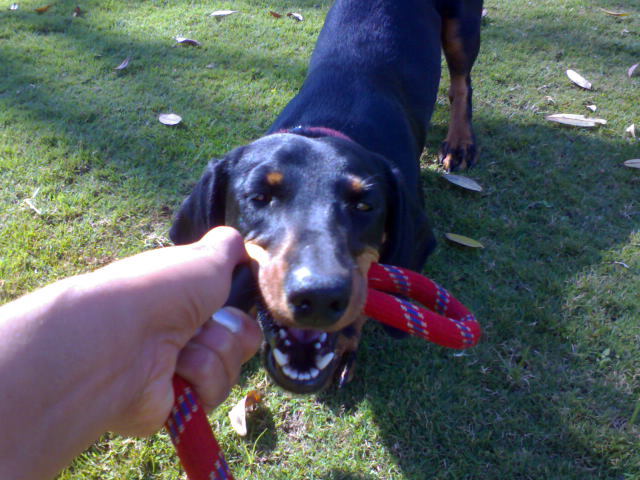 Dog unwilling to eat
Question
Maggie
I have a 4 year old daschund female.She
Dog unwilling to eat
Question
Maggie
I have a 4 year old daschund female.She
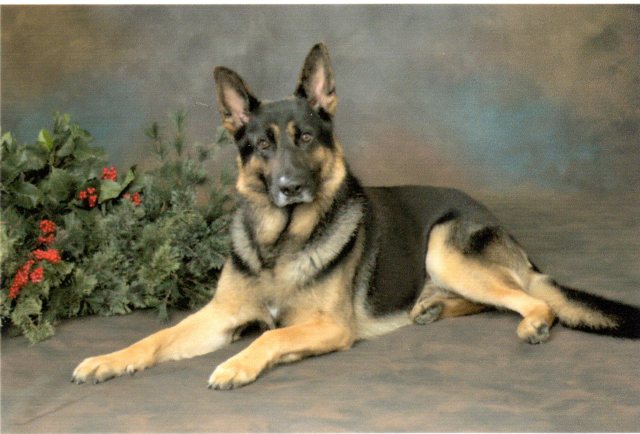 Pinched nerve
Question
Agustus Tybierius vonG
My 4 y/o, intact male G
Pinched nerve
Question
Agustus Tybierius vonG
My 4 y/o, intact male G
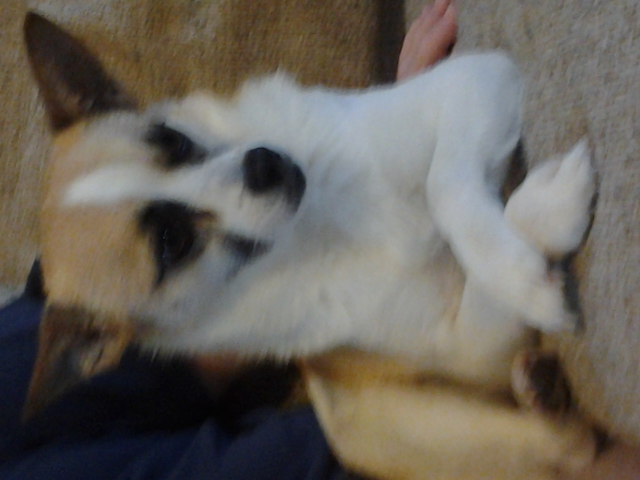 What type of do is my dog Abby
Question
Abby Abby
what type of dog is my
What type of do is my dog Abby
Question
Abby Abby
what type of dog is my
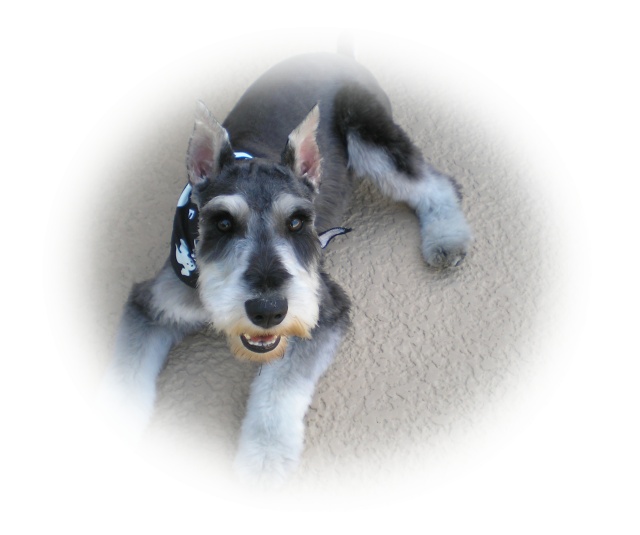 mini-schnauzer limping not able to put full weight on leg
Question
Willy
A couple of hours ago, I walked my 14mon
mini-schnauzer limping not able to put full weight on leg
Question
Willy
A couple of hours ago, I walked my 14mon
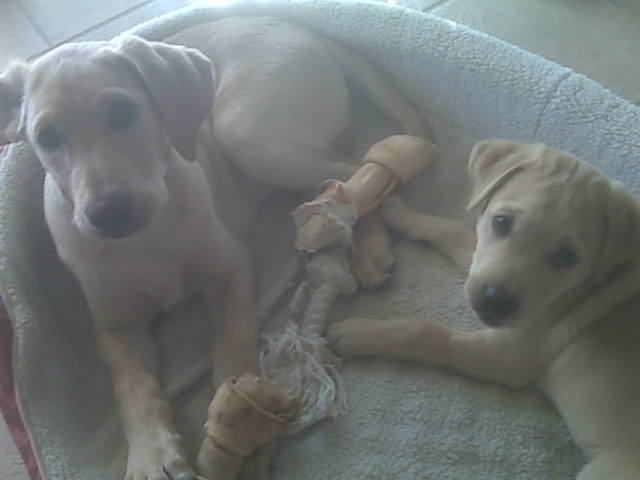 2 puppies one lab the other lab/shepherd mix
Question
Bailey ( female lab) a
I have a 3 1/2 month ol
2 puppies one lab the other lab/shepherd mix
Question
Bailey ( female lab) a
I have a 3 1/2 month ol